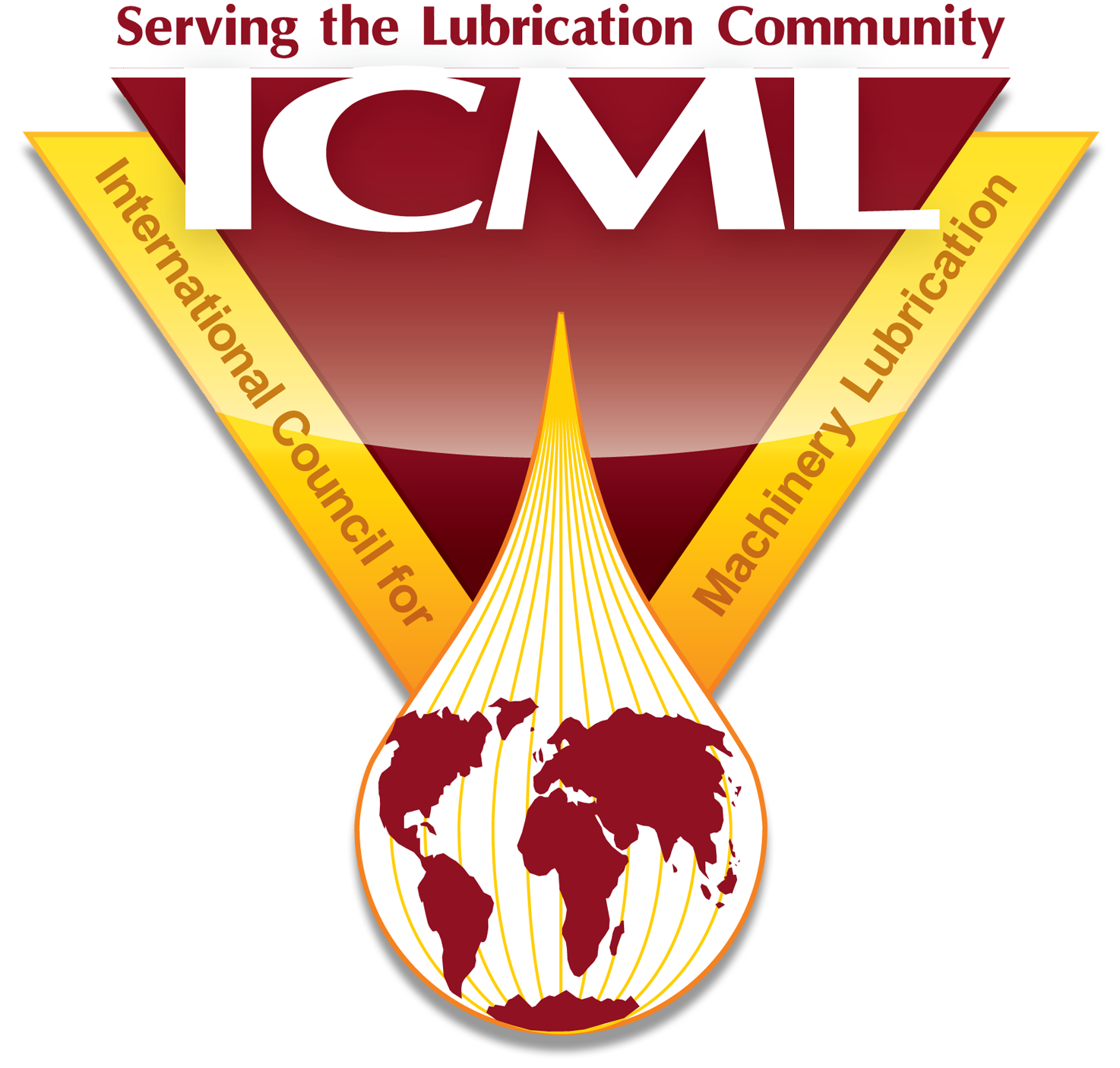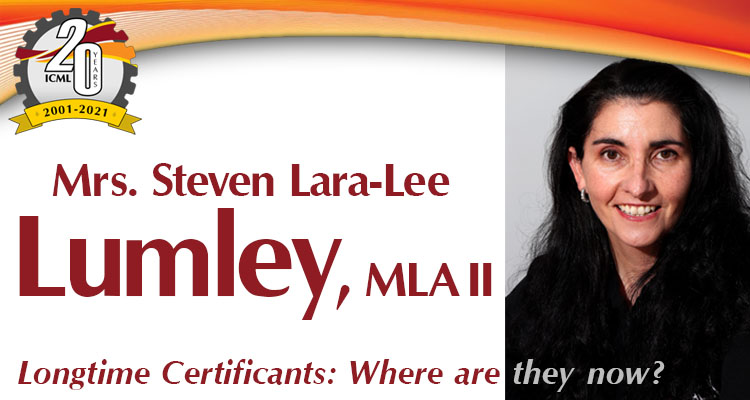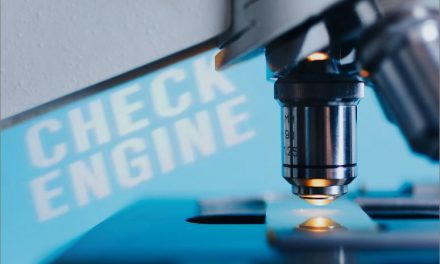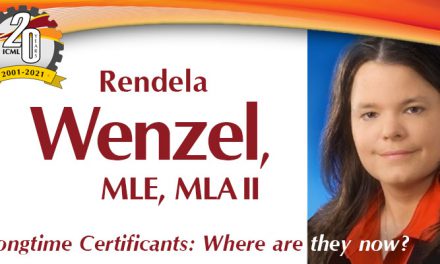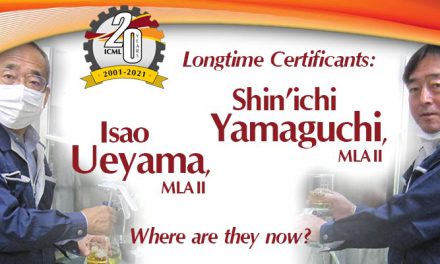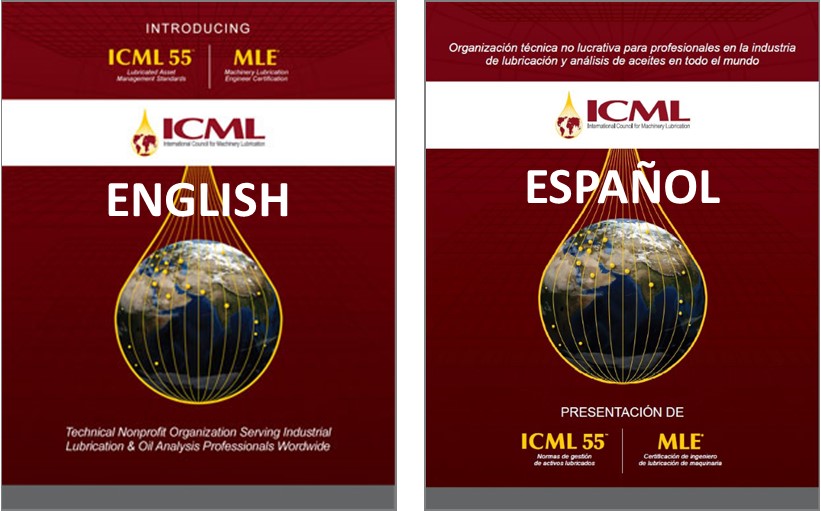February 24, 2021 | Today we meet Mrs. Steven Lara-Lee Lumley, who has continuously held ICML certification since earning MLA II back in November, 2009, in Pinetown, South Africa. In addition to her survey responses below, you may read more about Lumley on her LinkedIn profile.
What was your job role when you earned your first certification, and what are you doing now?
I earned my first ICML II certification in 2009 as a lubricant analyst for WearCheck in South Africa. I am pleased to say that I am still at WearCheck in South Africa, but I was fortunate enough to be promoted to technical manager in 2015. My current responsibilities include:
- Research and development of new condition monitoring products and services.
- Keeping abreast of new technologies and trends in the various industries that WearCheck serves.
- Technical support to our client base in Africa, UAE and India.
- Design, implementation and management of oil analysis programmes for our customers.
- Creation and management of oil analysis training programmes.
- Writing of technical articles.
What education/career background led you into a lubrication career?
I studied mechanical engineering and, on completion of my tertiary education, the mechanical engineering fraternity I belonged to organised an internship for me at a small local oil analysis laboratory. As soon as I saw the laboratory and smelled the oil, I was in love! From that day on I immersed myself in the world of lubrication and tribology and have never looked back.
What prompted you to seek ICML certification in 2009?
I was familiar with Noria corporation as a comprehensive learning resource for people in our industry, so who better to get accredited by than a world-class authority on machinery lubrication, tribology, and asset reliability. It was a no-brainer: learn from the best. [An ICML exam was available at the end of Noria’s independent training — ed.]
Briefly recap the occasion of your first certification exam.
I was a practicing lubrications analyst at the time of my first certification, so the basic practical disciplines covered in the training were not entirely new to me, but the in-depth theory on the various topics covered during the training was certainly an eye-opener. I studied like my life depended on it. Writing the exam seemed to go by in a haze, and when we eventually got our results, I was so nervous about opening the email I got a colleague of mine to read out my score. It was a great moment in my professional career.
What has motivated you to recertify consistently all these years?
The ICML certification is recognised world-wide as the mark of a professional in the field of machine lubrication, so recertification is essential for anyone who takes this vocation seriously. The ICML recertification process is essentially moulded around encouraging professionals in our industry to continuously improve their skill set via training and work place development.
How has ICML certification helped you the most?
The ICML certification has been instrumental in building the foundation of my knowledge base which has served me in my career, especially with the development and management of customers’ oil analysis programmes and training. Personally, it has given me the confidence to talk about my field in public–whether addressing a boardroom of maintenance personnel or lecturing to an auditorium of young engineers.
What is your favorite memory of your lubrication journey?
Doing oil analysis training underneath a tree at a mining site in Botswana. The genset powering the training facility suffered a catastrophic failure due to an internal coolant leak (turned out to be a nice example for training), so I spent the next two days teaching delegates about oils and oil analysis under a Baobab tree.
Who has helped or encouraged you along the way?
I have been blessed to have many mentors in the industry but the person who has most encouraged me is a woman who, sadly, I never had the honour of meeting: Mrs. Shirley Ellen Schwartz, aka “Sister Sludge.” Sister Sludge was a chemist and research scientist who became famous in the industry for researching the degradation of engine oils and its causes. She also authored one of my favourite books, Love Letters to the Lubrication Engineers. She was a real pioneer of women in science.
How was your WORK impacted by covid-19 restrictions IN 2020?
My role involves travel to various customers’ sites locally and internationally to provide technical support, training, lube audits, etc., so with travel restrictions and country-wide lockdowns my travel has been limited, and most site meetings and training interventions take place via virtual conferencing platforms. I never thought I would say this but I really miss putting on my hard-hat and safety boots!
How has lubrication technology (for application, sampling, or analysis) changed the most since you were first certified?
Changes in analysis have been mainly driven by market demand for more in-depth analysis and the use of laboratory techniques that were traditionally not considered mainstream in routine oil analysis, e.g., the use of Fourier-transform infrared spectroscopy (FTIR) for non-engine applications, monitoring the remaining useful life (RUL) of a lubricant. The more widespread adoption of oil filter analysis as a complimentary technique to oil analysis.
Increased design complexity of modern machines has also given rise to the requirement for more machine make/model and application-specific diagnostics, which usually requires the use of a combination of CBM technologies, not just oil analysis. Machine reliability really is a collaborative effort and oil analysis is increasingly being teamed with vibration analysis, infrared thermography and other NDT (Non-Destructive Testing) technologies to enhance the CBM toolbox.
What would you identify as your top tool or technology on the market today, and why?
OIl analysis is my top tool as it delivers a great ROI (Return On Investment) and is capable of detecting not only the early onset of abnormal wear but contaminants in the oil and oil degradation which in turn could have a detrimental effect on the mechanical system being lubricated.
What remains the biggest challenge to the implementation and/or sustainability of successful lubrication programs?
Buy-in from all the stakeholders remains a challenge. A lubrication program has to be a business decision and, as such, leadership support is paramount to the successful implementation of the programme. This is not something the maintenance department can do on its own. It requires support from the highest levels of the organisation as several resources are likely to be required. Lack of staff commitment and buy-in, usually as a result of a lack of understanding and training, are the two main reasons for why lubrication programs fail. If there is no top-down management commitment to making the programme work and the belief is not instilled in the work force, then the organisation will not reap the full benefits of the programme.
Favorite town/region where you have worked
Chennai, India
Hobbies/Interests/activities outside of work
Cryptozoology
Other professional associations
SAIT (South African Institute of Tribology)
.
